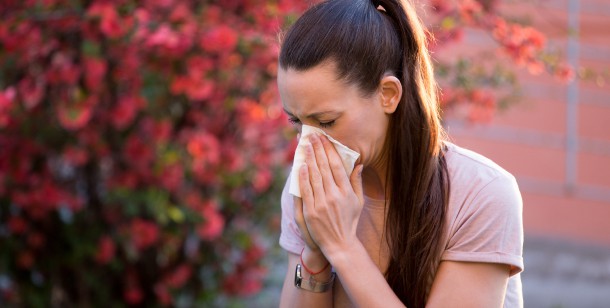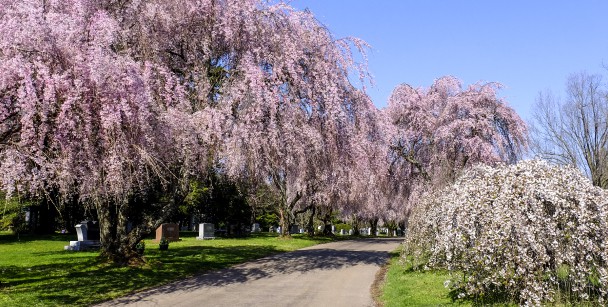For many Texas residents, life gets rough when allergy season hits. Texas inhabitants historically have some of the worse and most long-lived allergy symptoms in the United States. But exactly when is allergy season in Texas, and why are the symptoms so bad for allergy sufferers? Keep reading to learn more!

What Are Allergies and What Triggers It?
Allergies are a condition in which the immune system reacts abnormally to a foreign substance like food or environmental substances. When you have allergies, your immune system produces and releases antibodies in response to a particular allergen, marking it as harmful even if it’s not. Allergic reactions can present through skin inflammation, sinus problems, constricted airways, or digestive irritation. Seasonal allergies, also known as hay fever, are specifically an allergic reaction triggered by something in the environment like pollen or mold spores.

Common Symptoms & Causes of Seasonal Allergies
Allergies are unique to each individual, but there are a few common Texas allergy symptoms and causes.
Symptoms:
- Congestion
- Loss of smell
- Runny nose
- Post-nasal drip
- Sneezing
- Puffy, watery, or itchy eyes
- Coughing
- Itchy skin
- Headache
- Fatigue
Causes:
- Pollen
- Mold spores
- Ragweed
- Dust
- Pet dander

Understanding the Different Allergy Seasons in Texas
Because allergy offenders present themselves at different times of the year, it’s technically always allergy season. And for those suffering from only seasonal allergies, it can be helpful to make note of the time of year when your allergies are the worst to figure out exactly what is causing your symptoms.
Spring
- Spring allergies are usually related to trees. Depending on what part of Texas you live in, it may be mostly attributed to oak trees, which produce billions of pollen. Pecan, ash, elm, and cottonwood trees are also known for their allergen-producing leaves in the springtime.
Summer
- In the summer, allergies can be attributed to certain grass species like sweet vernal, orchard, bermuda, and bahia.
Fall
- This is the second-worst time of year for seasonal allergies. In the fall months, Texas experiences an overgrowth of ragweed, which produces a high pollen count. Each individual ragweed plant is responsible for making up to 1 billion pollen grains per season; ragweed pollen can float through the air for up to 400 miles.
Winter
- Unfortunately, one of the worst seasons for allergies in Texas coincides with flu season. Cedar trees are a common cause of allergies in the winter.
Explanations of the four seasons should allow you to better understand the question on when is allergy season in Texas. If your allergy season isn’t clear-cut, odds are that you’re allergic to more than one seasonal allergen.

Why Are My Allergies so Bad in Texas?
As the saying goes, everything is bigger in Texas. Unfortunately, this is not exclusive to the trucks and food portions. The state of Texas has some of the most intense, year-round allergy seasons in the country. This is due in part to the constantly varying weather in Texas, as well as the varied terrain across the state. In other parts of the country, plants must endure frequent cold fronts, snow, and freezing temperatures; these conditions cause a halt in pollen production and spread. However, Texas only endure occasional and short-lived cold temperatures, allowing plants to pollinate year-round.

How to Treat Seasonal Allergies
For the most part, seasonal allergies are easily managed at home. Allergy treatments like over-the-counter nasal spray or oral antihistamines are a great way to ease symptoms; they work by blocking the chemicals your body produces in response to allergens, preventing the reaction. You may also consider a warm nasal water rinse. To keep allergens out of your house, take avoidance measures like wet-vacuuming your carpet or removing your carpet entirely.

When to See a Doctor for Allergies in Texas
If you have figured out when is allergy season in Texas but haven’t been able to effectively treat your symptoms, you may want to see a doctor to find a treatment option. Depending on the severity of your seasonal allergies, they may recommend immunotherapy in the form of allergy shots to help identify and treat your allergic reaction.
Although uncommon, some people may experience a severe allergic reaction (anaphylaxis) in response to seasonal allergies. If you begin to have swelling of the lips, tongue, or throat, trouble breathing, or skin rashes, seek emergency medical treatment immediately.
